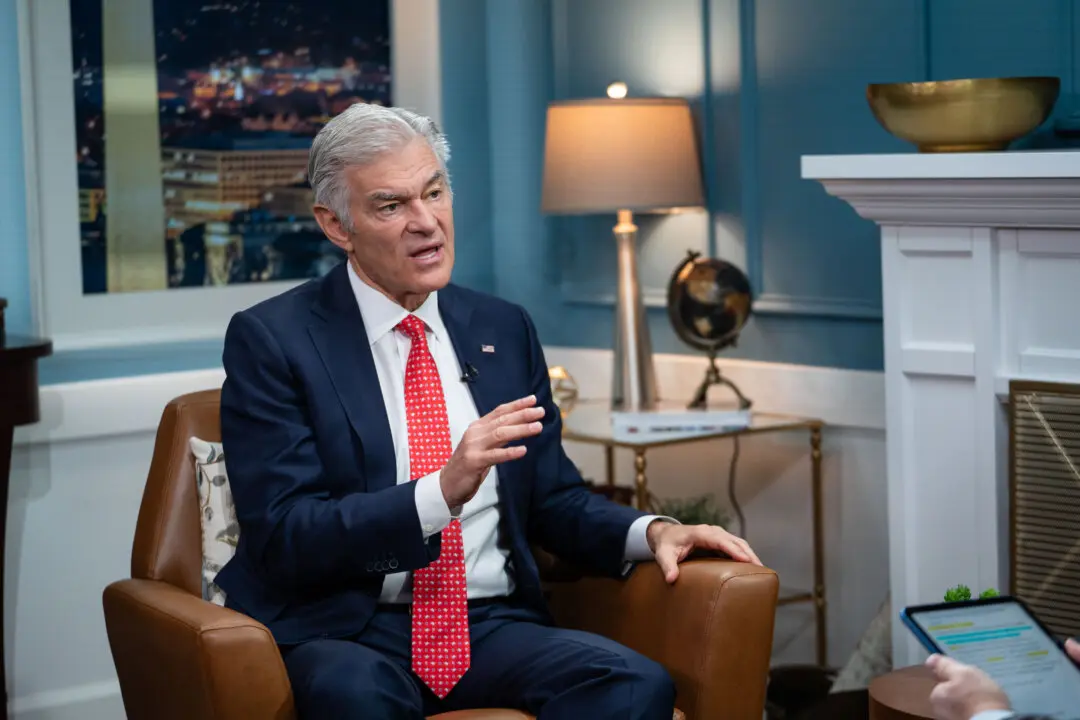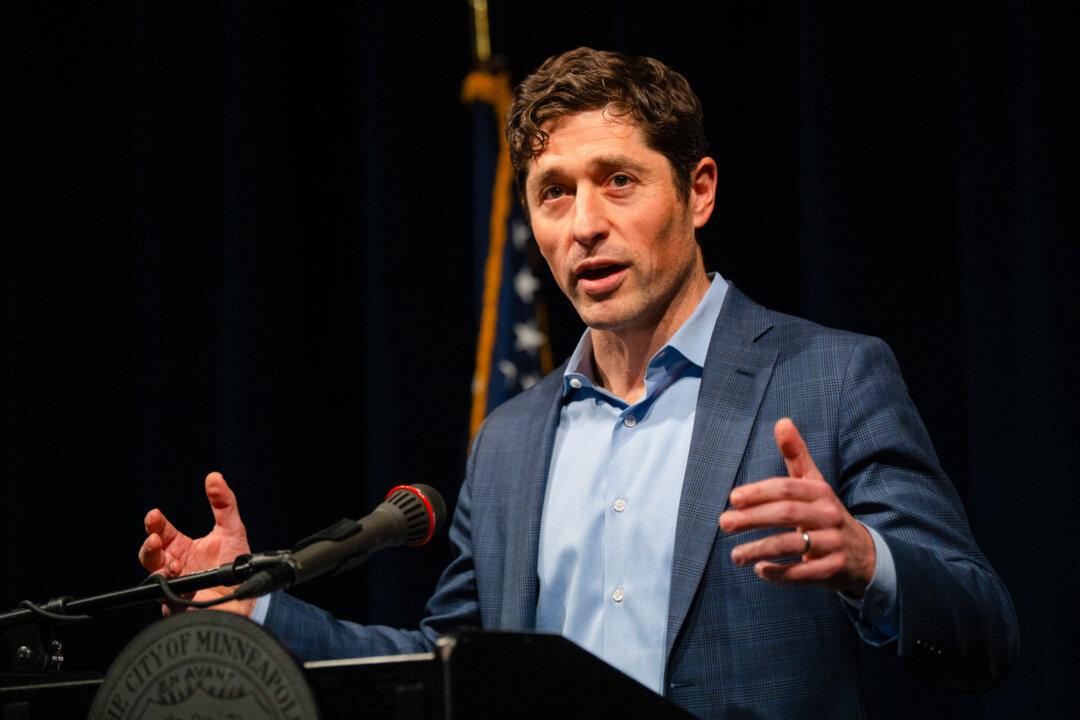In the throes of a Christmastime operational meltdown, Southwest Airlines filed for a new trial in a high-profile employee rights case—a decision that makes critics question the airline’s sense of priorities.
The airline claims that a federal judge and jury erred when deciding in favor of a flight attendant, Charlene Carter. After being fired for using social media to express her pro-life views, Carter sued to get her job back. Arguing free-speech violations, Carter won a nationally publicized verdict this summer.





